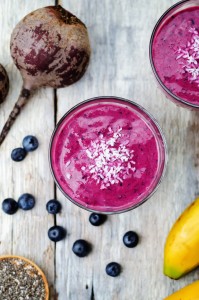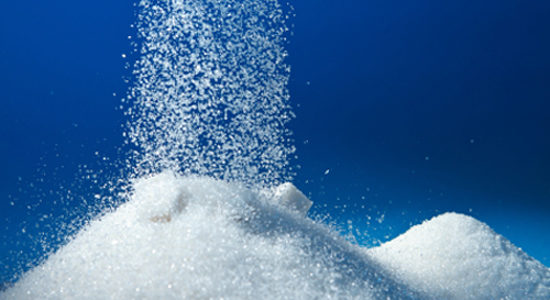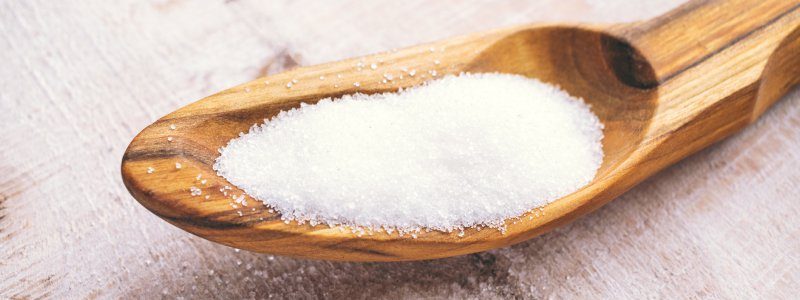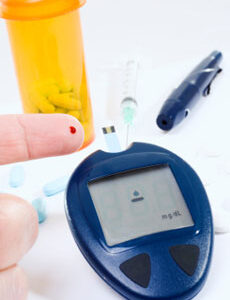If you’ve ever visited Mexico, Central America or the Caribbean, you may have been introduced to a delicious little fruit called the guava. Native
Tag: diabetes
Top 7 Herbs To Support Healthy Blood Sugar Levels
Eating a healthy, nutrient-dense diet low in carbs and low in advanced glycation end products (AGEs) is key for supporting healthy blood sugar leve
Magnesium-Rich Cocktail
Magnesium-Rich Cocktail A study out of the University of North Carolina at Chapel Hill points to a connection between magnesium in the diet a
High Fructose Corn Syrup Linked to Type 2 Diabetes
The health debate about high fructose corn syrup continues with a new study. New research correlates the consumption of high fructose corn syru
8 Ways to Reduce Your Risk of Type 2 Diabetes
With so much written about diet versus exercise and exercise versus diet, it’s easy to overlook the role hormones play in our health and wellbeing,
5 Reasons to Avoid This Artificial Sweetener…Including Diabetics
Many of our friends and family members have been duped to believe that artificial sweeteners like Splenda® are saviors to prevent diabetes and obesit
Diabetes Set to Rise to Alarming Rate…What Can You Do?
The rising rate of diabetes is a far cry from new news. As the Western diet of fast food continues to spread worldwide at a rapid pace, increased diab
How To Cure Diabetes Naturally Continued…
There are two main kinds of diabetes: Type 1 occurs when the pancreas produces little or no insulin. Type 2 occurs when insulin is produced, but th
How To Cure Diabetes Naturally
The United States has the highest rate of diabetes in the world. That's more than 30 million Americans. And, no, this is not a goal worth achieving.
Five Must-Knows on the Dangers of Synthetic Fragrance
1.What is "fragrance?" More than 95 percent of the chemicals in synthetic fragrances are derived from petrochemicals. These chemicals include: benzene










